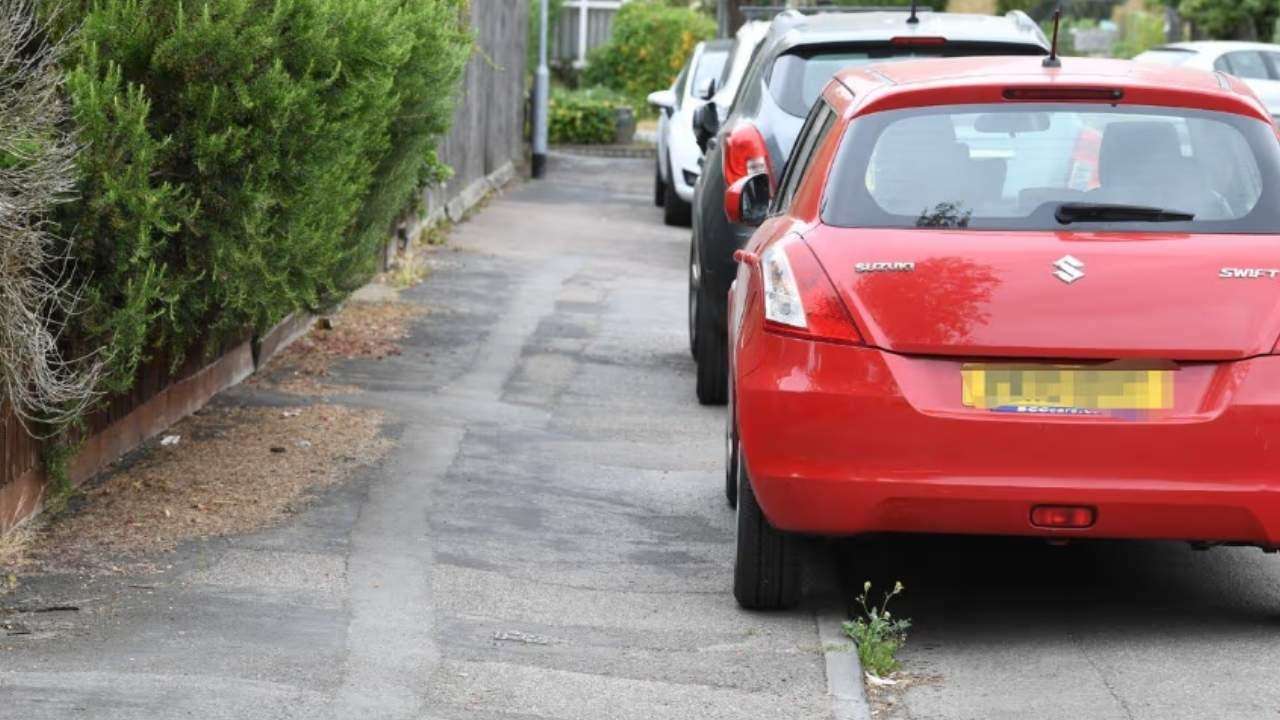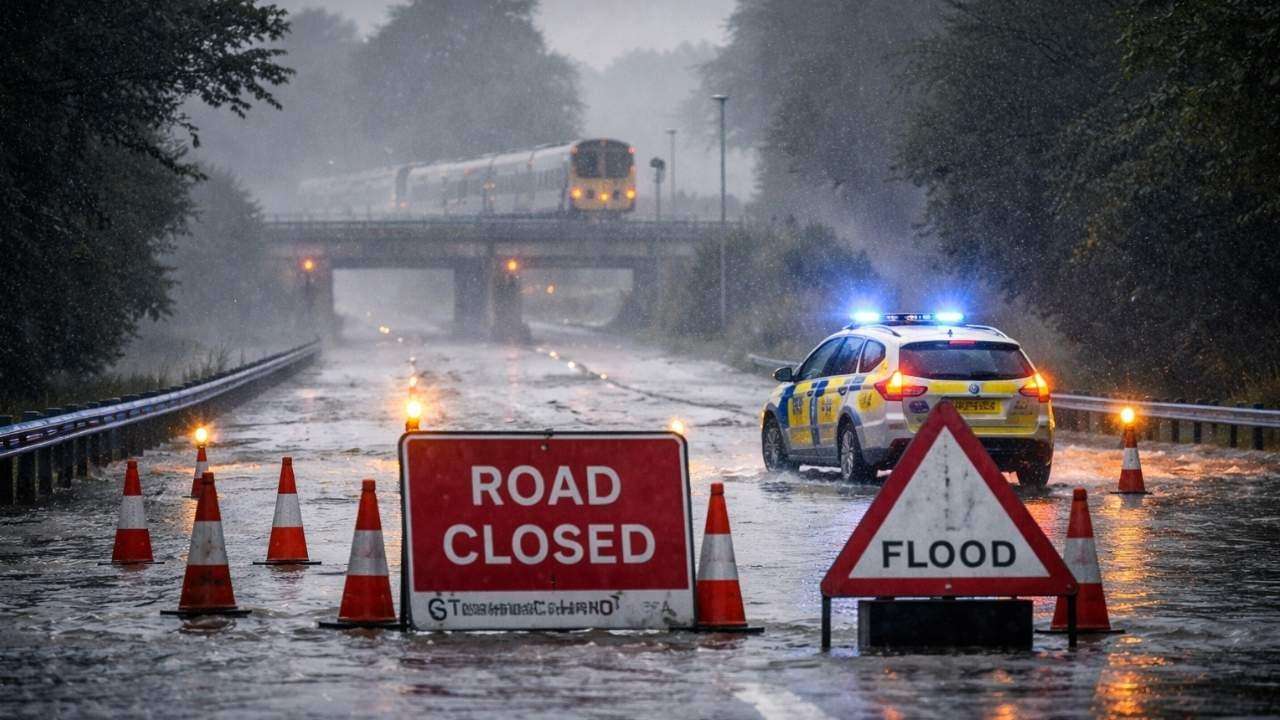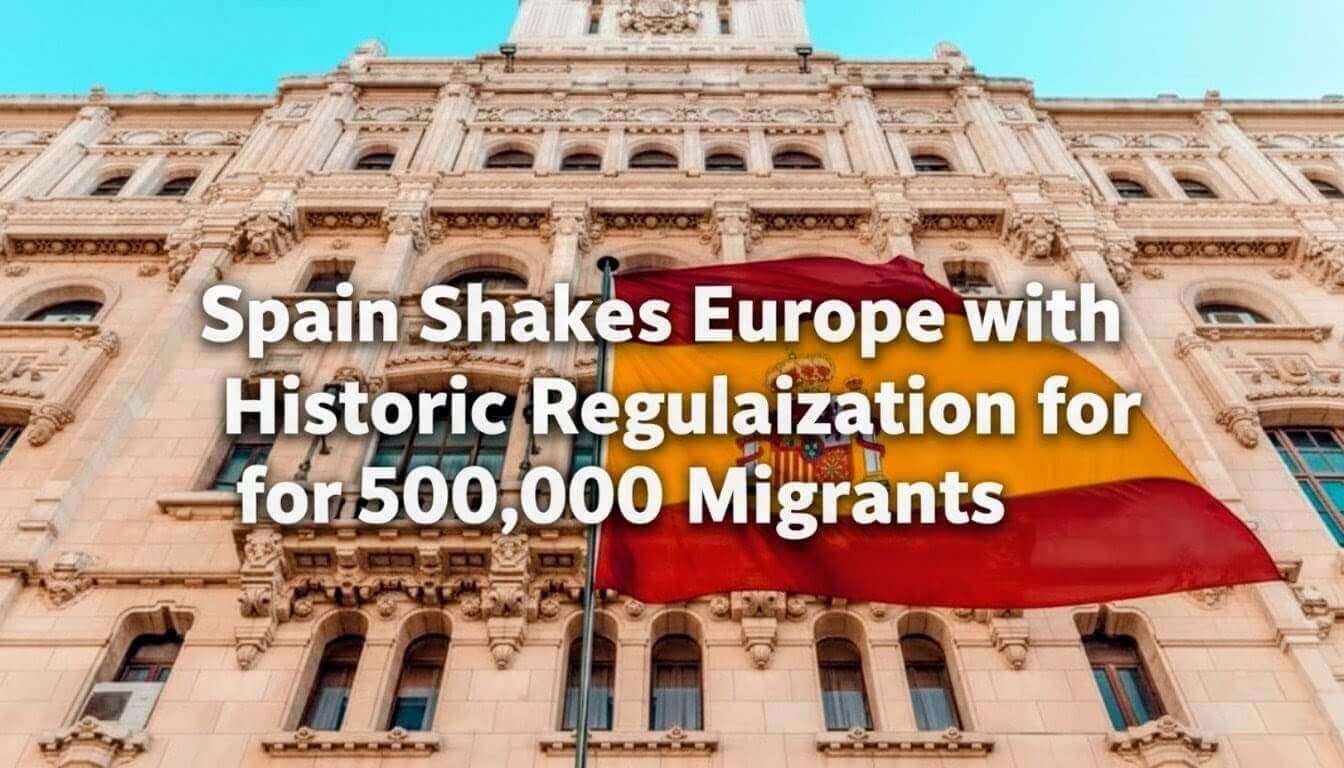In a move that highlights a stark contradiction between the UK government’s growth agenda and its tax policies, Eurotunnel has immediately paralyzed plans to construct a state-of-the-art freight terminal in Barking, East London. The decision comes as a direct response to a controversial ruling by the Valuation Office Agency (VOA), which intends to burden the infrastructure giant with a nearly 200% increase in property taxes.
Getlink, the parent company of Eurotunnel, has frozen £15 million in immediate UK rail investment, describing the VOA's new valuation as "unjustified and confiscatory." This standstill is not merely a corporate dispute; it represents the vaporization of critical infrastructure designed to streamline trade between the UK and the EU.
A Missed Opportunity for East London Jobs and the Green Economy
The suspension of the Barking terminal is a significant loss for the local and national economy. Had the project proceeded, it would have served as a powerful engine for regeneration in East London.
Unlocking Employment and Trade
Beyond the immediate creation of construction roles, a facility of this magnitude drives long-term employment. It would have generated high-quality, permanent jobs in logistics management, customs administration, heavy machinery operation, and security. By acting as a seamless customs clearance zone, the terminal was designed to smooth out post-Brexit trade friction, allowing British businesses to export goods with greater speed and lower costs.
The Green Revolution Stalled
From an environmental perspective, the loss is equally damaging. Rail freight is a cornerstone of a low-carbon economy. A single freight train can remove up to 129 heavy goods vehicles (HGVs) from Britain’s roads, significantly reducing congestion and cutting carbon emissions by 76% compared to road transport. By scrapping this terminal, the government has inadvertently forced more cargo back onto already clogged highways, undermining its own net-zero targets.
The Math That Killed the Project
The dispute centers on the VOA’s decision to revalue Eurotunnel’s UK operations. The agency plans to triple the "rateable value" of the company’s properties starting in 2026. While the increase is set to be phased in, Eurotunnel’s annual bill is projected to skyrocket from £22 million to an eventual £65 million.
For Yann Leriche, Chief Executive of Getlink, the math simply no longer works. He told the Financial Times that this tax burden renders their UK assets loss-making, leaving them no choice but to halt investment entirely. "As of today, we have frozen our investment in rail assets in the UK," Leriche confirmed, signalling a complete loss of confidence in the British regulatory environment.
A System at Odds with Growth
This confrontation exposes a deep fracture in current British economic policy. Chancellor Rachel Reeves has tasked the VOA with overhauling business rates to theoretically help smaller businesses by levying more on larger premises. However, critics argue that treating major infrastructure providers as "cash cows"—a sentiment echoed earlier this week by the boss of Jet2 regarding the travel sector—actively deters the foreign direct investment the Treasury desperately needs.
The ripple effects are already being felt beyond the railways. Electric vehicle charging companies have similarly warned that applying standard business rates to parking bays will strangle the adoption of green technology.
As Eurotunnel prepares to challenge the valuation before the March 2026 deadline, the Barking terminal stands as a symbol of what happens when fiscal policy collides with industrial ambition: empty land, lost jobs, and a missed train for economic growth.







.jpg)
.svg)

.jpg)
